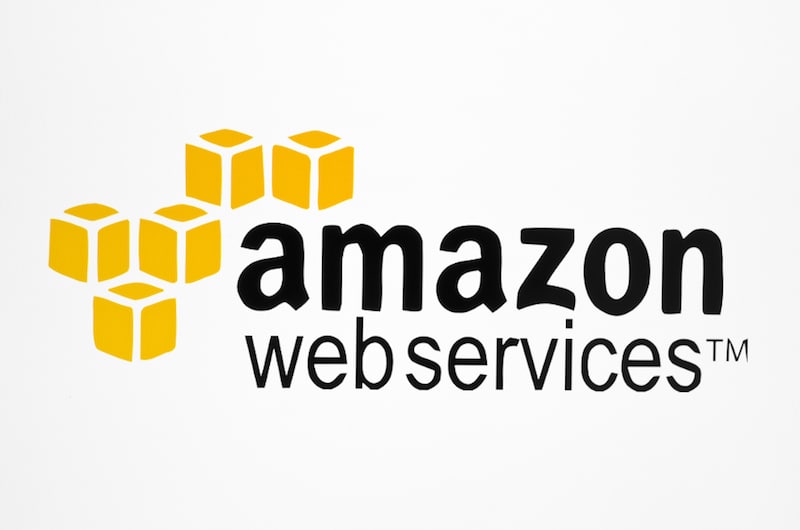At its annual re:Invent developer conference last week, Amazon Web Services (AWS) launched a new internet of things (IoT) platform that helps devices connect to cloud applications and send massive amounts of data to be analysed for future actions.
AWS IoT is a managed cloud platform that lets connected devices easily and securely interact with cloud applications and other devices. According to the company, AWS IoT can support billions of devices and trillions of messages, and can process and route those messages to AWS endpoints and to other devices reliably and securely.

Devices connect to AWS IoT's Devices Gateway, which allows users to set rules for how AWS IoT hands the data and the actions they take with it. Amazon reassured users that it has taken a security-first approach while designing its IoT platform. AWS IoT provides authentication and end-to-end encryption throughout all points of connection, so that data is never exchanged between devices and AWS IoT without proven identity. In addition, users can secure access to your devices and applications by applying policies with granular permissions.
The platform has huge implications for the smart building industry where markets for connected devices already exist. “Building equipment manufacturers must start selling systems that collect, store and analyze data in the cloud, so they can use it to provide better operational efficiency” explains Memoori’s report The Internet of Things in Smart Buildings.Further to this, Memoori’s recent report The Transformation of BAS into BIoT explains... “This type of technology can collect data from all the sensors and devices and with Big Data software, analyze all of this data and immediately optimise and fully automate the buildings performance. It can and will add a further dimension through more effective convergence with the business enterprise”.
The announcement has been expected for sometime for a platform that will accompany AWS services, including S3, DynamoDB, Amazon Machine Learning, and Lambda. The e-commerce and cloud services giant also acquired 2lemetry in March, a start-up based out of Denver that has developed an enterprise-focused platform to track and manage IP-enabled machines and other connected devices.
"The promise of the Internet of Things is to make everyday products smarter for consumers, and for businesses to enable better, data-driven offerings that weren't possible before", said Marco Argenti, vice president of mobile and IoT at AWS. "Now, AWS IoT enables a whole ecosystem of manufacturers, service providers, and application developers to easily connect their products to the cloud at scale, take action on the data they collect, and create a new class of applications that interact with the physical world," he added.
[contact-form-7 id="3204" title="memoori-newsletter"]
Amazon chief technology officer Werner Vogels explained that the new AWS IoT platform will make it easier for developers to create apps that connect to devices. Until now they had to build their own custom "middleware" to allow devices to talk to each other and handle massive amounts of data coming out of them. While the new AWS IoT platform will speed up the process, by easily integrating with other AWS services like its database service DynamoDB and its real-time streaming data service Kinesis. "The cloud has removed all the constraints we used to have. We can now start building apps the way we always wanted to," Vogels said during his keynote.
However, Amazon is not the first, nor the largest, tech firm to move into the IoT market, which is estimated to be worth $655 billion this year and grow into a $1.7 trillion market by 2020, according to IDC. Big incumbents like Intel and IBM, as well as software giants like Salesforce and Microsoft all have their own prominent IoT strategies, signifying the market’s huge potential.
AWS has the largest market share in the cloud computing market, and has been signing up bigger customers including GE, Boeing, and Netflix lately. It's now on pace to record $7.3 billion in annual revenue run rate this year, up 81% from last year, AWS SVP Andy Jassy said last week. Now its new AWS IoT platform is out in beta, and pricing starts at $5 for every million messages.



